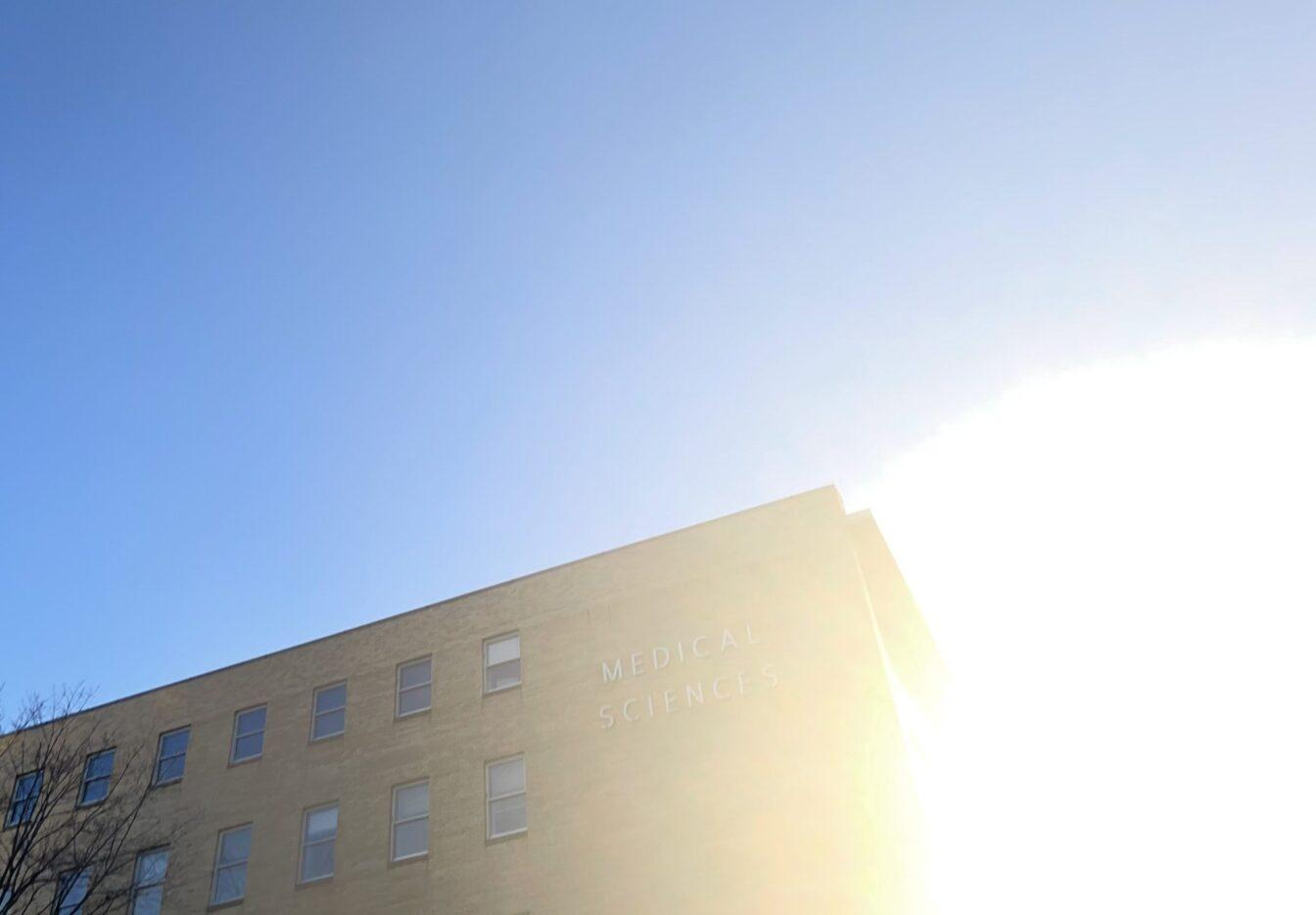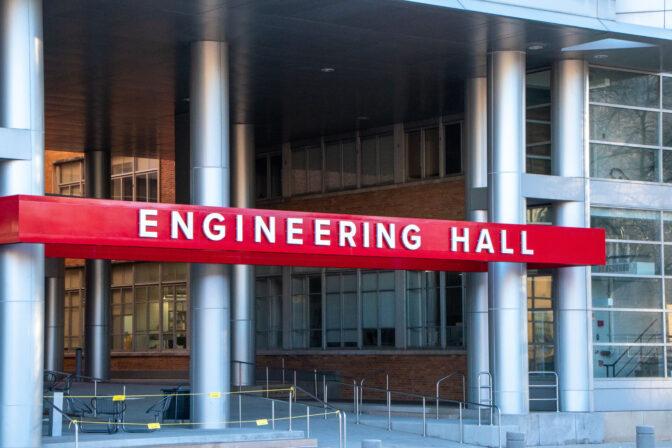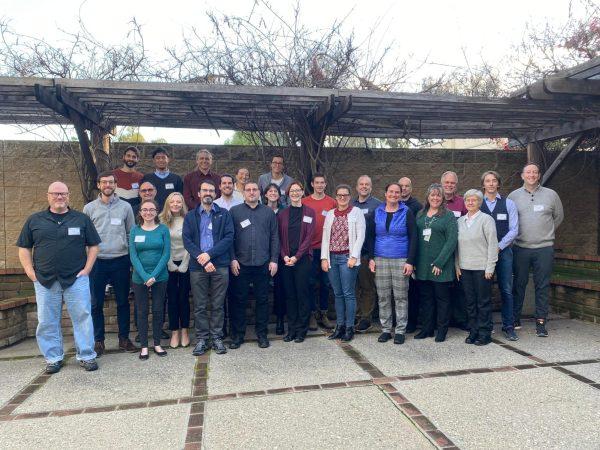The Univeristy of Madison Astronomy Club will host live viewings of the solar eclipse April 8 at noon at Library Mall, the Sett in Union South and the Rathskeller in Memorial Union – if weather permits, according to Astronomy Club Outreach Director Jakob Mills.
Madison will have a partial viewing of the solar eclipse which will be at its maximum at about 2:06 p.m. Monday, according to Director of UW Space Place Jim Lattis.
Solar eclipses happen when some part of the Earth’s surface falls under the moon’s shadow, which causes the Earth to go dark for a few minutes, allowing the stars and planets to be visible during the day, Lattis said.
“It’s quite an impressive sight that sometimes people find a little bit addictive,” Lattis said.
The Astronomy Club has had its eye on this solar phenomenon since last summer and began planning its live viewings for the event this semester. The club has various plans for Monday that will accommodate any forecast. In the case that the event is not visible, the outdoor viewing will be canceled. Regardless of the weather, the club will be showing a NASA live stream of the eclipse at the Sett and the Rathskeller, according to Mills. Each event will be available to all students.
For the outdoor event, the club will view the eclipse with telescopes and pinhole projectors, which provide a reflected image of the eclipse to avoid looking directly at the sun. It’s important to never look directly at the sun without proper solar filters, Lattis said.
To emphasize viewing safety, the Astronomy Department will be distributing eclipse glasses all day Friday, and Washburn Observatory will provide them Friday and Saturday as well. Both locations will request a small donation to cover the cost of the glasses, according to Lattis.
“There should be lots of opportunities for the UW community to appreciate the eclipse,” Lattis said.
The resources and opportunities will be plentiful for the spectacle, but according to Lattis, solar eclipses aren’t quite as rare as some think. On average, solar eclipses occur a couple of times a year. But often, they aren’t total eclipses, or if they are, they are visible only in polar regions. The rarity of this eclipse is in the fact that it will be visible in strongly populated areas.
The last solar eclipse to cross the U.S. was in 2017, but the last one before that was in 1970. 2044 is the next time a solar eclipse will be visible in the country, according to NASA.
On behalf of the Astronomy Club, Mills expressed immense gratitude to the executive board and all the partnering organizations and volunteers involved in organizing this event.
















